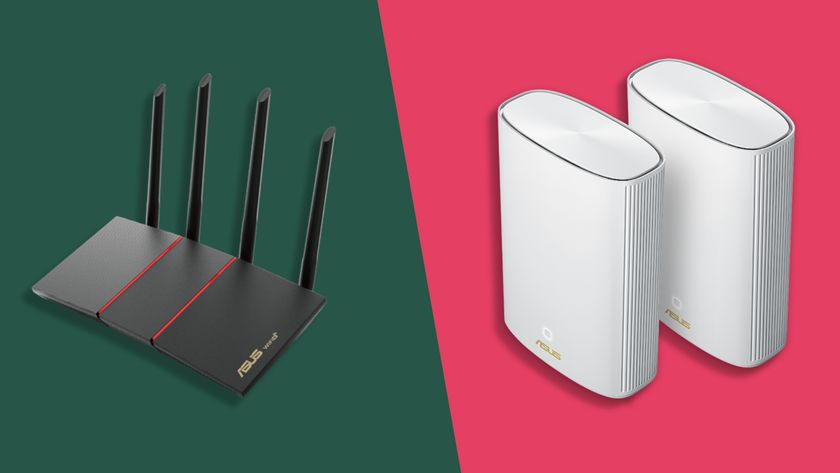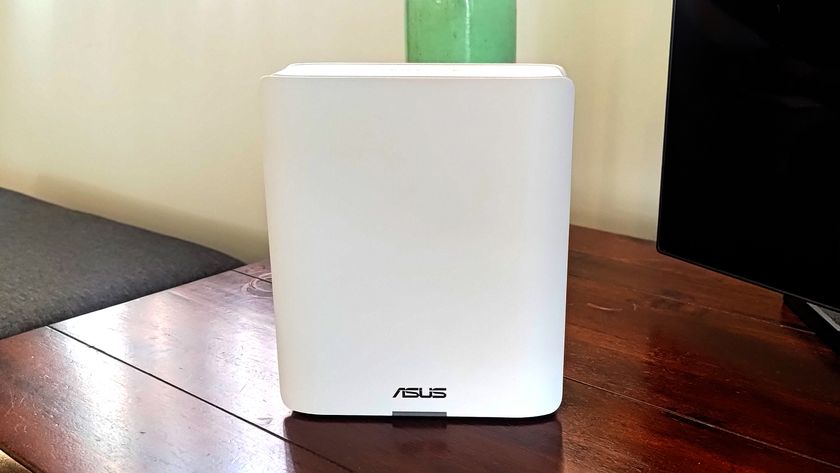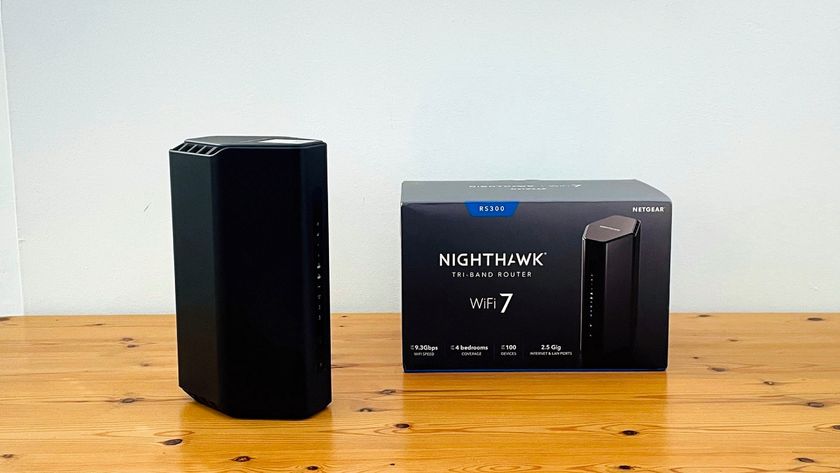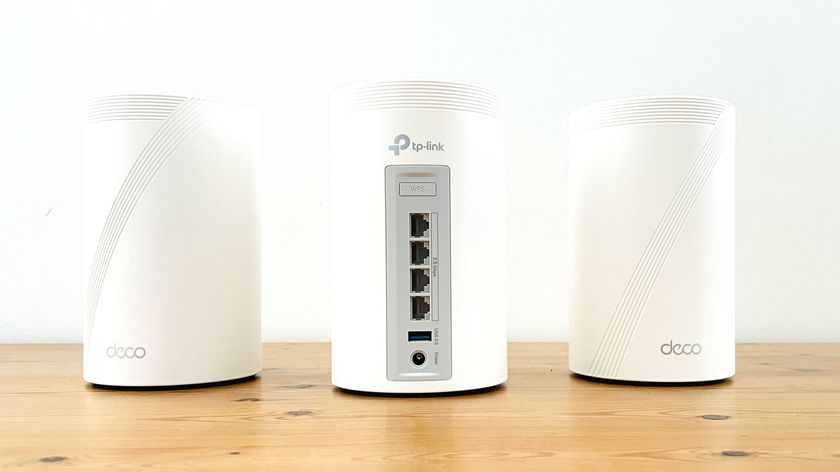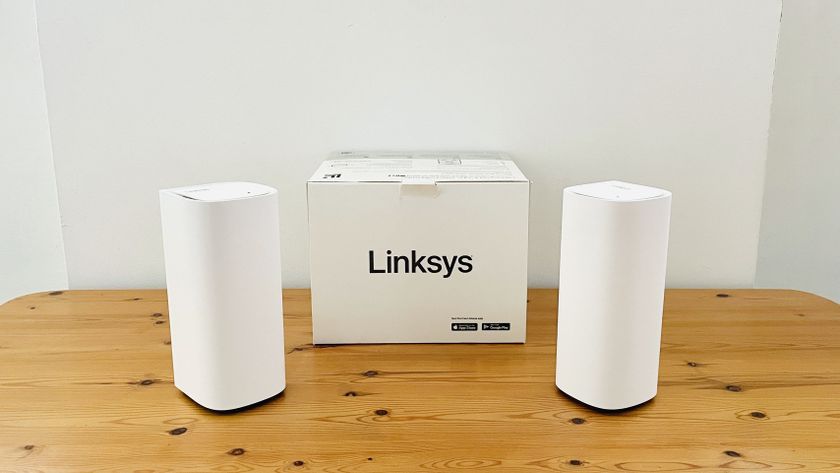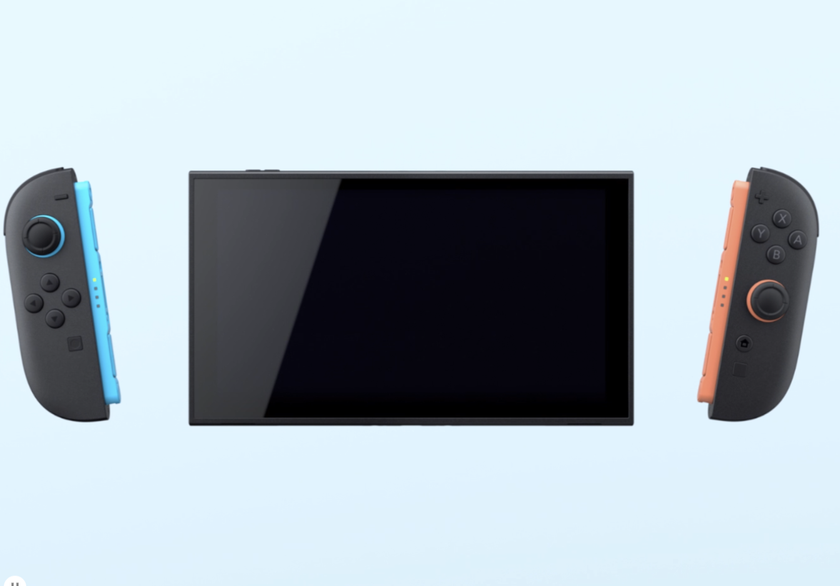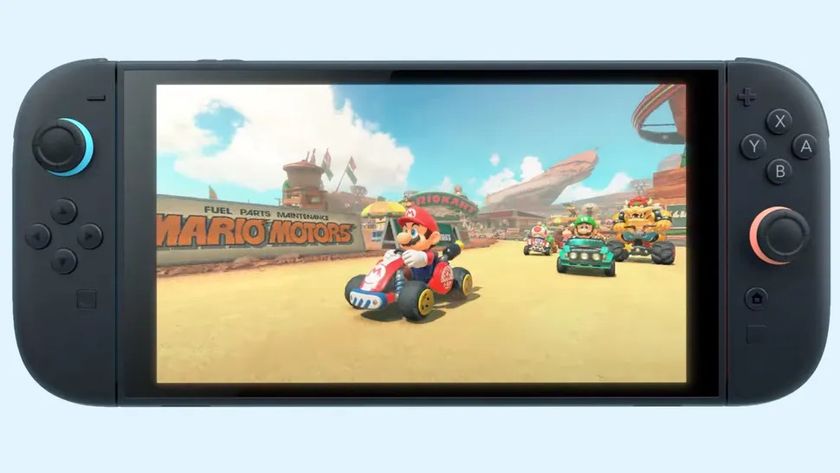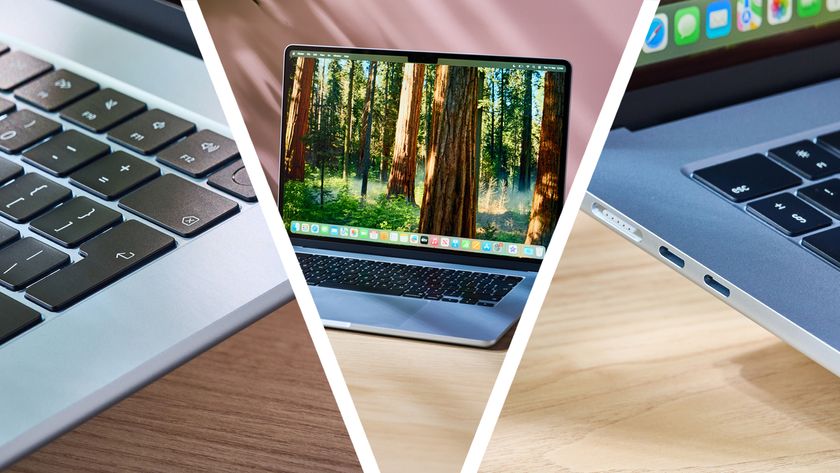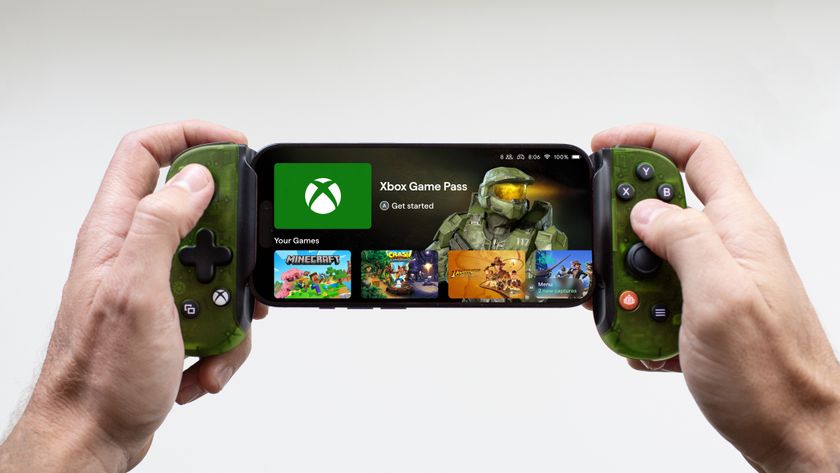The complete guide to WiMAX
How WiMAX technology works and the kit you need to use it
WiMAX Products
For laptop users, 2009 could become the 'year of WiMAX' if the first initial implementations of the technology are successful.
Sprint plans to blanket the US in an XOHM service eventually, which would theoretically spell the end of Wi-Fi for use as a hotspot technology – even while it continues to persist as a home-networking standard for high-definition (HD) movies, data, and network backups.
'In the next few months, laptop users should expect integrated hardware that provides ubiquitous broadband internet access from anywhere as soon as they boot up without the need for dongles, external boxes or wires,' says Richard Kelland, an EION Wireless spokesperson.
'WiMAX provides different levels of service to different types of customers. Residential users could receive a service that compares in throughput to a cable internet service, while businesses can opt for higher bandwidth T1-like services that can support VoIP and video-conferencing.'
Below are some products to keep an eye on as the WiMAX consumer field starts to grow. Note that these products will not work with WiMAX unless there is a signal present. So for now they only work in Baltimore and nowhere else in the world.
Looking forward
Get daily insight, inspiration and deals in your inbox
Sign up for breaking news, reviews, opinion, top tech deals, and more.
WiMAX is still a burgeoning technology, even after these past few years. It's also now a technology to keep an eye on – it could become a replacement for Wi-Fi and mobile broadband, especially since it doesn't make sense for companies such as AT&T and Sprint to keep offering WWAN access if they can use WiMAX as their primary offering.
WiMAX is also highly scalable – which means a company such as Sprint can add more towers to increase throughput up to 70Mbps. That makes it much more flexible than Wi-Fi, but possibly harder to deploy.
For mobile users, WiMAX presents a future technology that could change how we all connect to the internet.
WiMAX Warnings
Even with all the progress that WiMAX has made in the last part of 2008 alone, it should be noted that the idea of WiMAX has been germinating for some time and has been historically slow in taking root as a technology of choice. Intel is, by far, one of the biggest backers and yet many of its own chipsets and motherboards do not support WiMAX.
There's a chicken-and-egg problem with WiMAX: for mobile users to really adopt the technology, the signal has to be ubiquitous and fast; yet for the providers to install towers to provide the signal, they want to make sure there are enough users to support the investment.
Wi-Fi is a dominant technology – in just one area of central London, you can likely find ten or more Wi-Fi hotspots that are available for mobile users. And every laptop made today comes with Wi-Fi built in. Even companies who are involved in both Wi-Fi and WiMAX and stand to gain from widespread adoption of both technologies are undecided about whether WiMAX will be a major hit for the average laptop user who just needs a solid internet feed, or whether it could be a passing fad that fails to find an audience.
'I don't see mobile WiMAX taking over as the access technology of choice anytime soon,' says Robb Henshaw, a spokesperson for Proxim Wireless, a company that makes products on the back-end for both Wi-Fi and WiMAX access.
'There are already 500 million plus mobile devices – such as laptops and PDAs – with Wi-Fi built in, but very few WiMAX-enabled devices. And beyond the availability of devices, the overall user expectation is likely not going to be met with mobile WiMAX. A mobile broadband network must support burst traffic speeds from 4–10Mbps per user to provide the same voice/data experience they are used to on wired networks. In order to attain that level of per-user bandwidth, you need a system that can support anything from 100–400Mbps, which is considerably more than the 20Mbps that mobile WiMAX can achieve. But with 802.11n capable of providing up to 200Mbps throughput, we feel that using 802.11n for access and WiMAX for backhaul will be a popular choice for delivering 4G connectivity.'
John Brandon has covered gadgets and cars for the past 12 years having published over 12,000 articles and tested nearly 8,000 products. He's nothing if not prolific. Before starting his writing career, he led an Information Design practice at a large consumer electronics retailer in the US. His hobbies include deep sea exploration, complaining about the weather, and engineering a vast multiverse conspiracy.
